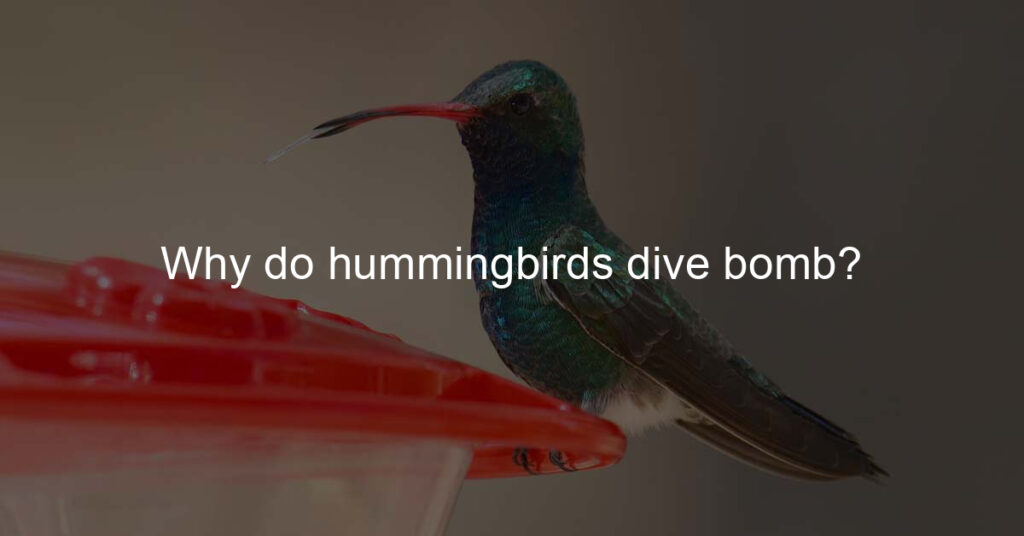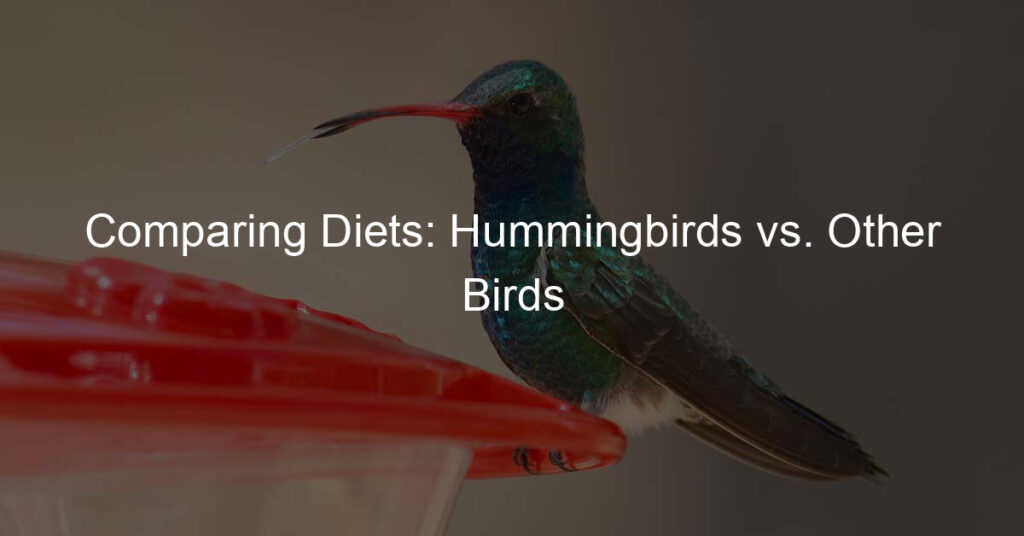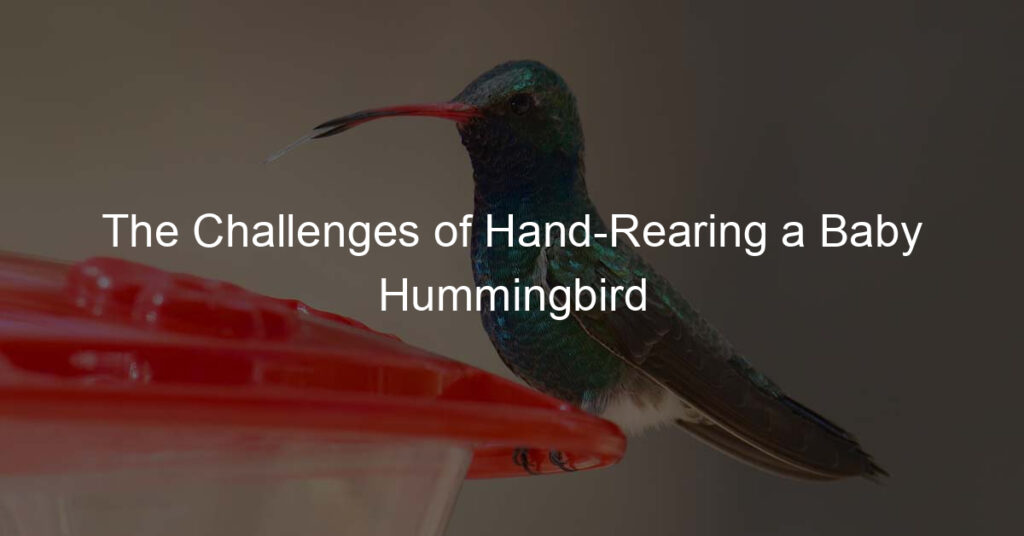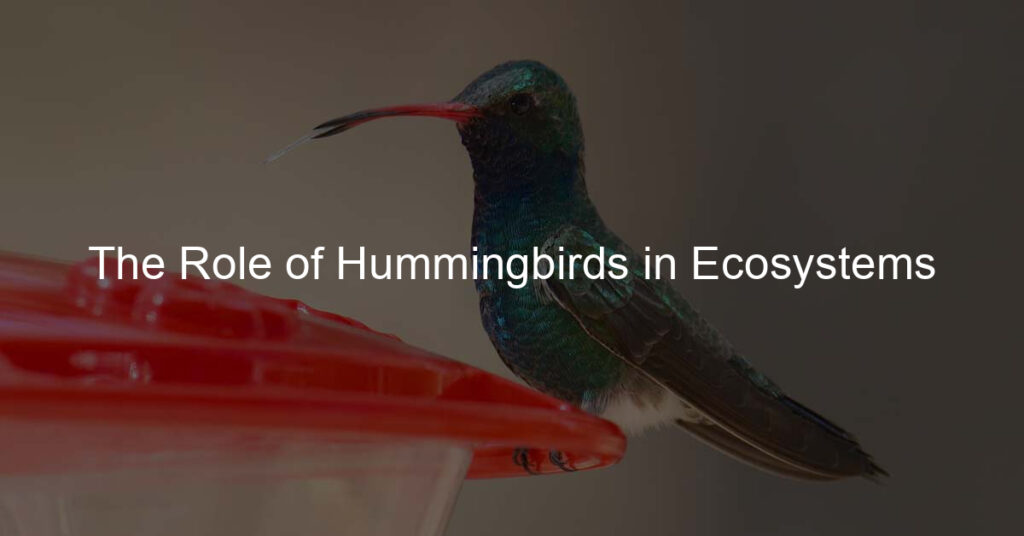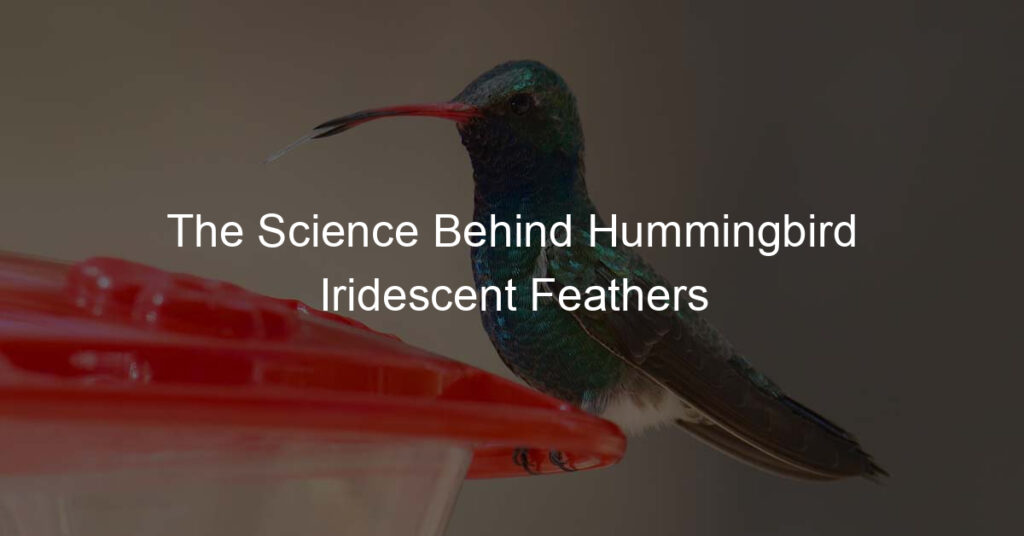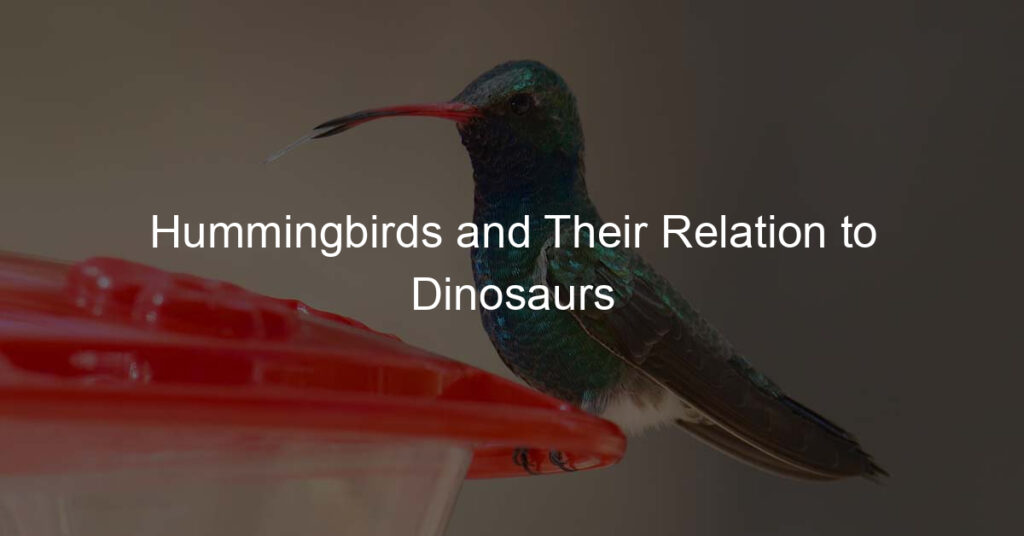Introduction to Hummingbird Behavior
Hummingbirds are fascinating creatures known for their vibrant colors and rapid wing movements. In this section, we will delve into the intriguing world of hummingbird behavior, exploring their general habits and unique characteristics.
Overview of General Hummingbird Behavior
Hummingbirds are known for their incredible flight skills. They can fly up, down, forward, backward, and even upside down! Their wings beat so fast, up to 80 times per second, that they make a humming noise, hence their name. Hummingbirds are also solitary creatures. They prefer to live alone and only come together during mating season.
These birds have a high metabolism due to their rapid wing movement, which requires them to eat a lot. They feed on nectar from flowers, and they can consume up to half their body weight in a day! They have a long, thin beak and a specialized tongue to help them extract nectar from flowers. Learn more about hummingbirds on Wikipedia.
Unique Aspects of Hummingbird Behavior
One unique aspect of hummingbird behavior is their aggressive nature. Despite their small size, hummingbirds are very territorial and will fiercely defend their food sources. They often engage in aerial fights, darting and diving at each other. This behavior is especially common during the breeding season.
Another unique behavior is their mating ritual. The male hummingbird performs a spectacular aerial display to attract the female. He flies in a U-shaped pattern, making high-pitched sounds to impress her. If she is interested, she will allow him to mate with her. After mating, the female hummingbird builds a nest and takes care of the eggs and chicks alone.
Hummingbirds also have an incredible memory. They remember every flower they have visited and how long it takes for the flowers to refill with nectar. This helps them to efficiently plan their feeding routes. Read more about unique hummingbird behaviors on Wikipedia.
Understanding Hummingbirds Dive Bombing
Hummingbirds are fascinating creatures, known for their vibrant colors and rapid wing movement. One of their most intriguing behaviors is dive bombing. Let’s delve into this unique aspect of hummingbird behavior.

What is Dive Bombing?
Dive bombing is a specific behavior exhibited by hummingbirds, particularly males. It involves a high-speed dive towards the ground or another bird, followed by a swift upward recovery. This behavior is often accompanied by a loud, sharp sound produced by the bird’s tail feathers.
Definition of dive bombing: Dive bombing is a behavior where a hummingbird flies high into the air and then dives towards the ground at high speed, pulling up just before hitting the ground. This is often done in a U-shaped pattern and is accompanied by a distinctive sound.
Examples of hummingbirds dive bombing: Hummingbirds often use dive bombing as a way to assert dominance or to protect their territory. For example, a male hummingbird might dive bomb another male that has entered his feeding area. Similarly, during the mating season, male hummingbirds may dive bomb females as part of their courtship display.
Understanding the dive bombing behavior of hummingbirds can provide us with a deeper appreciation of these incredible creatures and their complex behaviors. In the next section, we will explore the reasons why hummingbirds engage in dive bombing.
Reasons for Hummingbirds Dive Bombing
Hummingbirds are fascinating creatures known for their vibrant colors and rapid wing movements. But did you know they also engage in a behavior known as dive bombing? Let’s explore the reasons behind this unique behavior.
Hummingbird Territorial Behavior
Hummingbirds are fiercely territorial creatures. They often engage in dive bombing to protect their feeding areas from intruders. When another bird or a perceived threat enters their territory, the hummingbird will swiftly dive towards it, creating a buzzing sound to scare it away. This behavior is particularly common during feeding times when hummingbirds are most protective of their food sources. Learn more about hummingbird territorial behavior here.
Hummingbird Mating Rituals
Another reason for hummingbirds’ dive bombing is related to their mating rituals. Male hummingbirds use this behavior to attract females. They perform a high, arcing dive in the air, followed by a swift, near-vertical dive towards the ground. This display is intended to showcase their strength and agility to potential mates. Find out more about hummingbird mating rituals here.
Hummingbird Defensive Behavior
Lastly, hummingbirds use dive bombing as a defensive behavior. When they sense danger, whether from predators or humans, they will dive bomb to deter the threat. This behavior is a testament to the hummingbird’s courage and determination to protect itself and its nest. Read more about hummingbird defensive behavior here.
Understanding these reasons can help us appreciate the complex behaviors of these small yet remarkable birds. Remember, if you encounter a dive bombing hummingbird, it’s best to give it space and respect its territory.
Hummingbird Flight Patterns
Hummingbirds are known for their unique and fascinating flight patterns. These tiny birds can hover in mid-air, fly backwards, and even upside down. Let’s explore their typical flight patterns and some of their unique flight maneuvers.
Normal Flight Patterns
Hummingbirds have a distinct style of flight that sets them apart from other birds. Their wings beat at an incredibly high speed, allowing them to hover in place and change direction swiftly. This section will delve into the typical flight patterns of hummingbirds and some of their unique flight maneuvers.
Typical flight patterns of hummingbirds
Hummingbirds have the ability to fly in any direction: up, down, forward, backward, and sideways. They can even hover in mid-air, a feat that very few birds can achieve. Their wings beat in a figure-eight pattern, which allows them to change direction quickly and with precision. This flight pattern is essential for them to feed on nectar from flowers while hovering in place.
Unique flight maneuvers of hummingbirds
Hummingbirds are not just known for their typical flight patterns, but also for their unique flight maneuvers. One such maneuver is their ability to fly upside down, a skill that is rare among birds. This is usually a defensive tactic used to escape predators. Another unique maneuver is their courtship dive. The male hummingbird will climb into the air and then dive down at high speed to impress the female. This dive can reach speeds of up to 60 miles per hour!
In conclusion, hummingbirds exhibit some of the most unique and fascinating flight patterns in the bird kingdom. Their ability to hover, fly in any direction, and perform unique maneuvers like flying upside down or performing high-speed courtship dives sets them apart. These flight patterns not only help them feed and evade predators but also play a crucial role in their courtship rituals.
Dive Bombing Flight Patterns
Hummingbirds are known for their unique flight patterns, one of which is the dive bombing flight pattern. This pattern is not only fascinating to watch, but it also plays a crucial role in the hummingbird’s behavior and survival.
How dive bombing fits into hummingbird flight patterns
Dive bombing is a flight pattern that hummingbirds use for various reasons. It’s a quick, steep dive from high in the air, followed by an immediate, sharp upward climb. This pattern is usually performed by male hummingbirds to show off their strength and agility to potential mates. It’s also used as a defensive mechanism to protect their territory from intruders. This unique flight pattern showcases the hummingbird’s incredible speed and precision.
Examples of dive bombing flight patterns
One of the most common examples of a dive bombing flight pattern is the courtship display performed by the male Anna’s Hummingbird. The male flies up to 130 feet in the air and then dives down at speeds of up to 60 miles per hour, emitting a high-pitched sound at the bottom of the dive to attract the female’s attention. Another example is the Rufous Hummingbird, which uses dive bombing to chase away other birds from its feeding territory.
In conclusion, the dive bombing flight pattern is a significant part of a hummingbird’s behavior. It’s a testament to their amazing flying abilities and an essential tool for their survival. Whether it’s attracting a mate or defending their territory, hummingbirds use dive bombing as a powerful strategy in their daily lives.
For more information about hummingbirds and their unique behaviors, visit Wikipedia.
Why Hummingbirds Attack
Hummingbirds, despite their small size and delicate appearance, can sometimes display aggressive behavior. This may surprise many bird watchers, but there are specific reasons behind this behavior. Let’s delve into understanding why hummingbirds attack.
Understanding Hummingbird Aggression
Hummingbird aggression is not random. It is often a response to certain triggers or situations. Let’s explore the reasons behind this behavior and some examples of it.
Reasons for Hummingbird Aggression
Hummingbirds are territorial creatures. They often exhibit aggression to protect their food sources, especially during the feeding season. This is because hummingbirds need to consume a large amount of nectar daily to sustain their high metabolism. According to Wikipedia, a hummingbird can consume up to half its body weight in nectar each day!
Examples of Hummingbird Aggression
Hummingbird aggression is typically displayed through dive-bombing or chasing away intruders. This behavior is more common in male hummingbirds, who are known to be more territorial. For instance, a male hummingbird might swoop down at high speed towards another bird that is near its feeding area, effectively scaring it away. This is a clear example of hummingbird aggression.
In conclusion, hummingbird aggression is a natural behavior that is primarily driven by the need to protect food sources. Understanding this behavior can help bird watchers better appreciate these fascinating creatures and their unique behaviors.
Hummingbird Behavior Explained
Hummingbirds are fascinating creatures with unique behaviors that set them apart from other birds. Understanding these behaviors can provide a more enriching bird-watching experience and help us appreciate these tiny creatures even more.
Interpretation of aggressive hummingbird behavior
Hummingbirds, despite their small size, can exhibit aggressive behaviors, especially when protecting their territory. This aggression is often seen during feeding times when a hummingbird will chase away others to ensure it has enough food. This behavior is a survival instinct, as hummingbirds need to consume a significant amount of food each day to sustain their high energy levels. According to Wikipedia, a hummingbird must eat twice its body weight in food every day!
How understanding hummingbird behavior can help bird watchers
Understanding hummingbird behavior can greatly enhance the bird-watching experience. By recognizing their unique behaviors, bird watchers can predict their movements, identify different species, and even attract more hummingbirds to their yards. For instance, knowing that hummingbirds are territorial and attracted to red flowers can help bird watchers set up their gardens to attract these beautiful creatures.
Overall, the more we understand about hummingbird behavior, the more we can appreciate these incredible birds and their role in our ecosystem.
Conclusion
Summary of key points on why hummingbirds dive bomb: Hummingbirds, known for their vibrant colors and rapid wing movements, also exhibit a unique behavior known as dive bombing. This behavior is primarily driven by two factors: territorial defense and courtship. Male hummingbirds often dive bomb to protect their feeding areas from intruders, ensuring they have enough nectar to sustain their high-energy lifestyles. They also use this dramatic display to impress potential mates, showcasing their strength and agility. It’s a fascinating aspect of hummingbird behavior that highlights their complex social interactions and survival strategies.
Final thoughts on understanding hummingbird behavior: Hummingbirds are more than just beautiful creatures; they are a testament to the wonders of nature and evolution. Their behaviors, including dive bombing, are intricate and purposeful, driven by the need to survive and reproduce. Understanding these behaviors not only enriches our appreciation for these tiny birds but also underscores the importance of their conservation. As we continue to learn more about hummingbirds, we can better protect their habitats and ensure their survival for future generations to enjoy. Learn more about hummingbirds on Wikipedia.

